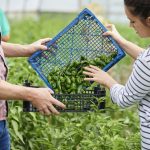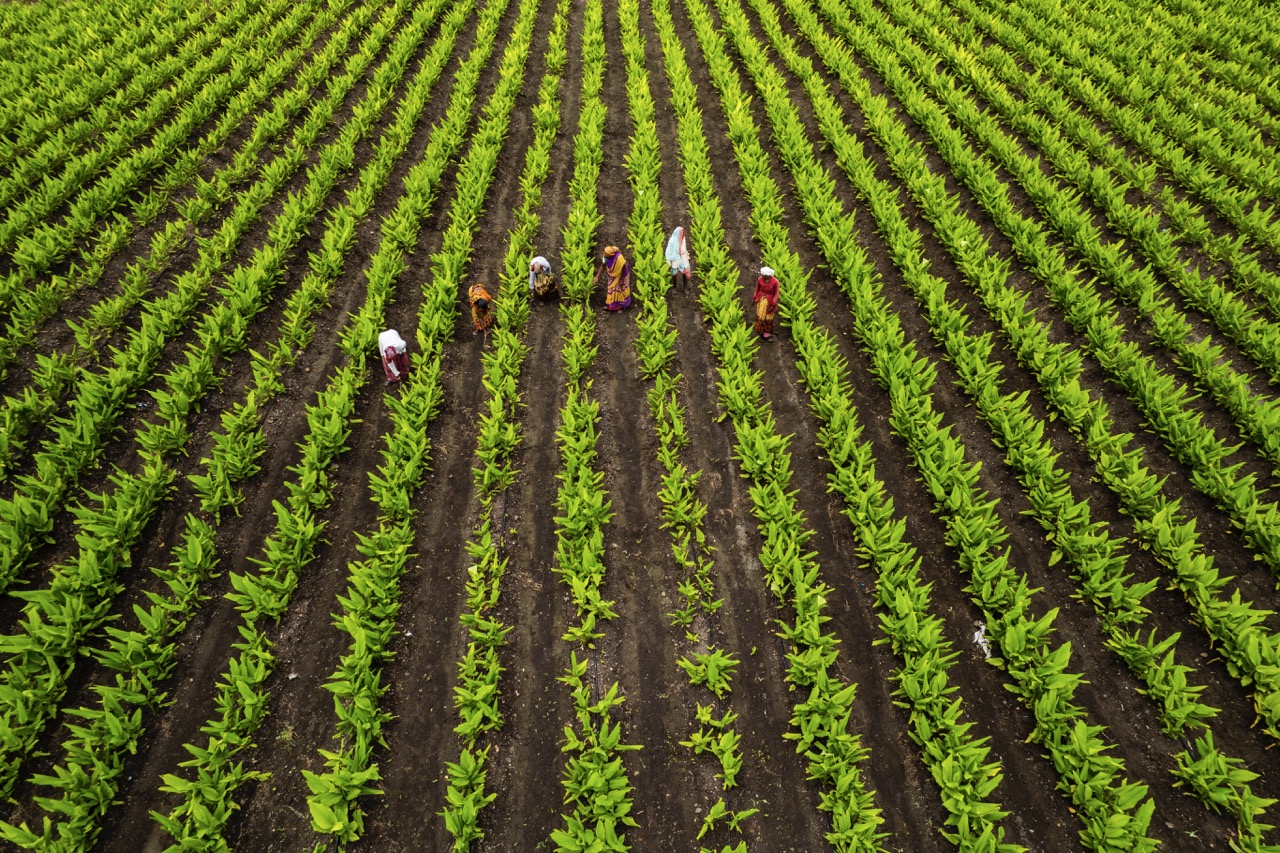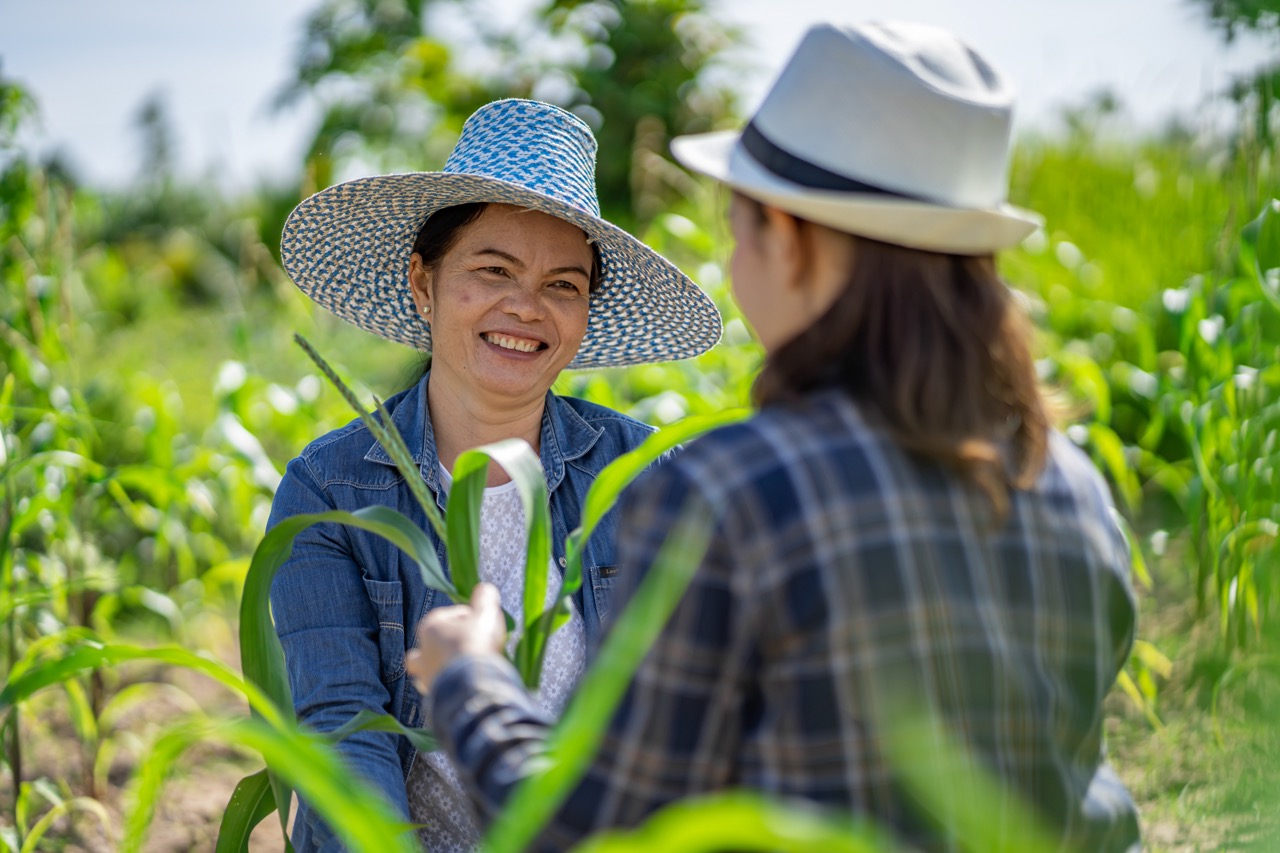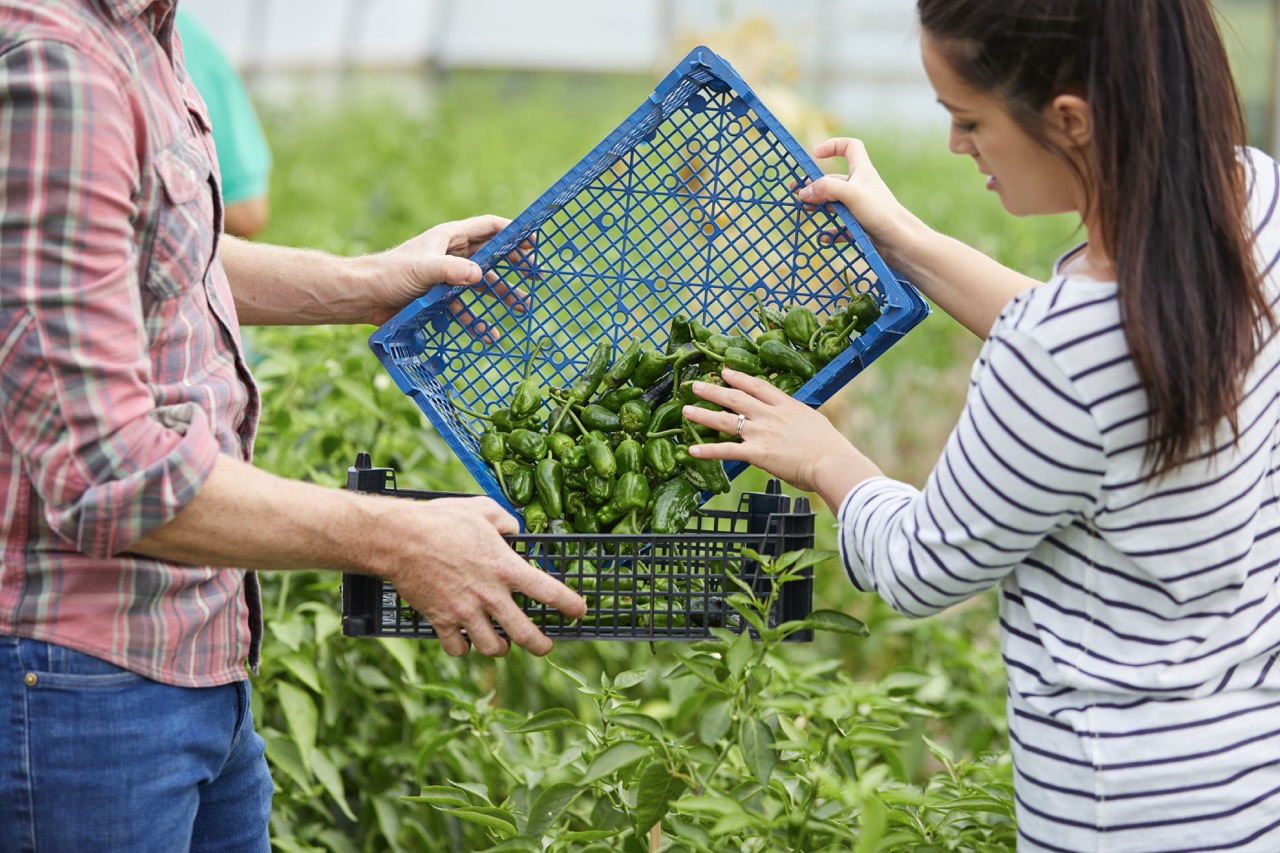Sharecropping, a historical farming system where landowners lease land to farmers in exchange for a share of the crops produced, is often viewed through a lens of exploitation and inequality. However, when reimagined and adapted to modern contexts, sharecropping can become an innovative model that supports fair trade and ethical farming practices. This article explores the nuances of sharecropping, its benefits in promoting ethical practices, ways to implement effective sharecropping models, and the challenges that come with these systems, while offering solutions for sustainable agriculture.
Understanding Sharecropping: A Path to Fair Trade Principles
At its core, sharecropping has the potential to embody the principles of fair trade by offering a cooperative framework for both landowners and farmers. In a fair trade context, this arrangement can be structured to ensure that farmers receive a fair wage and have a stake in the profits, thereby promoting equity and sustainability in agricultural practices. By aligning sharecropping with fair trade principles, stakeholders can create a system that values both the land and the labor invested in producing food.
Additionally, an ethical sharecropping arrangement can empower farmers with access to resources, training, and market information that enhance their productivity and income stability. This empowerment is essential for fostering a sense of ownership and responsibility among sharecroppers, which can lead to more sustainable farming practices. When farmers are engaged as stakeholders rather than mere laborers, the focus shifts towards quality produce and sustainable agricultural methods that benefit the environment and local communities.
Moreover, sharecropping can bridge the gap between smallholder farmers and global markets, allowing them to participate in fair trade systems that prioritize ethical sourcing. By cultivating relationships between farmers, cooperative organizations, and fair trade certifiers, sharecropping can help integrate small-scale producers into a broader fair trade network. This integration not only improves the livelihood of the farmers but also fosters a sense of community and collaboration among stakeholders in the supply chain.
The Benefits of Sharecropping for Ethical Farming Practices
One of the primary benefits of sharecropping is its ability to enhance food sovereignty. By allowing farmers to cultivate land and share in the profits, the system encourages local production and consumption, reducing dependence on imported goods. This localized approach not only strengthens the community’s economy but also promotes biodiversity and sustainable agricultural practices, as farmers are more likely to grow diverse crops that are suited to their local environment.
Furthermore, sharecropping can facilitate knowledge transfer among farmers. When farmers work collaboratively on shared land, they have the opportunity to learn from each other’s experiences, techniques, and innovations in sustainable farming. This collective learning environment can lead to the adoption of practices that minimize the use of harmful chemicals, conserve water, and enhance soil health, ultimately resulting in more resilient farming systems.
Additionally, sharecropping arrangements can promote transparency in the food supply chain. By implementing fair trade principles, the distribution of profits becomes clearer, fostering accountability among all participants. This transparency not only builds trust between landowners and farmers but also encourages consumers to make informed choices about the food they purchase, recognizing the ethical implications of their consumption decisions.
Implementing Sharecropping Models in Fair Trade Systems
To effectively implement sharecropping models within fair trade systems, it is vital to establish clear agreements that outline the rights and responsibilities of both parties. This includes defining the proportion of crops shared, the duration of the agreement, and the resources provided by landowners, such as tools, seeds, and technical assistance. Such clarity helps to prevent misunderstandings and ensures that both parties are invested in the success of the agricultural venture.
Training programs are also essential for the successful implementation of sharecropping models. These programs can equip farmers with the necessary skills in sustainable farming techniques, financial literacy, and cooperative management. By providing ongoing education and support, stakeholders can foster a culture of innovation and adaptability among sharecroppers, enabling them to respond effectively to challenges posed by climate change and market fluctuations.
Finally, creating cooperative structures can enhance the effectiveness of sharecropping arrangements. Cooperatives can serve as a platform for sharecroppers to pool resources, share knowledge, and access larger markets. Additionally, cooperatives can negotiate fair trade certification on behalf of their members, ensuring that the shared benefits of ethical farming practices reach a wider audience and contribute to community development.
Challenges and Solutions in Sharecropping for Sustainability
Despite its potential, sharecropping faces several challenges that can hinder its effectiveness in promoting fair trade and ethical farming practices. One significant issue is the risk of exploitation, where landowners may impose unfavorable conditions on farmers, limiting their income and autonomy. To combat this, it is crucial to establish regulatory frameworks that protect the rights of sharecroppers and ensure fair agreements are upheld.
Another challenge is the potential for unequal access to resources, which can exacerbate existing power imbalances. To address this issue, stakeholders must prioritize equitable access to resources such as land, financing, and markets. Initiatives that promote microfinance, land reform, and cooperative models can empower sharecroppers and ensure that they have the tools necessary for productive and sustainable farming.
Lastly, the sustainability of sharecropping models can be threatened by fluctuating market demands and climate change. To mitigate these risks, developing adaptive strategies that include diversified cropping systems, crop insurance, and access to climate information is crucial. By equipping sharecroppers with the resilience to adapt to changing conditions, the sharecropping model can thrive as a viable path to sustainable and ethical farming practices.
In summary, when thoughtfully implemented, sharecropping can serve as a powerful mechanism for supporting fair trade and ethical farming practices. By focusing on equitable partnerships, community engagement, and sustainable practices, stakeholders can create a more just agricultural system that empowers farmers and promotes environmental stewardship. As the global demand for ethically sourced products continues to grow, embracing innovative models like sharecropping could pave the way for a more sustainable and equitable future in agriculture.








